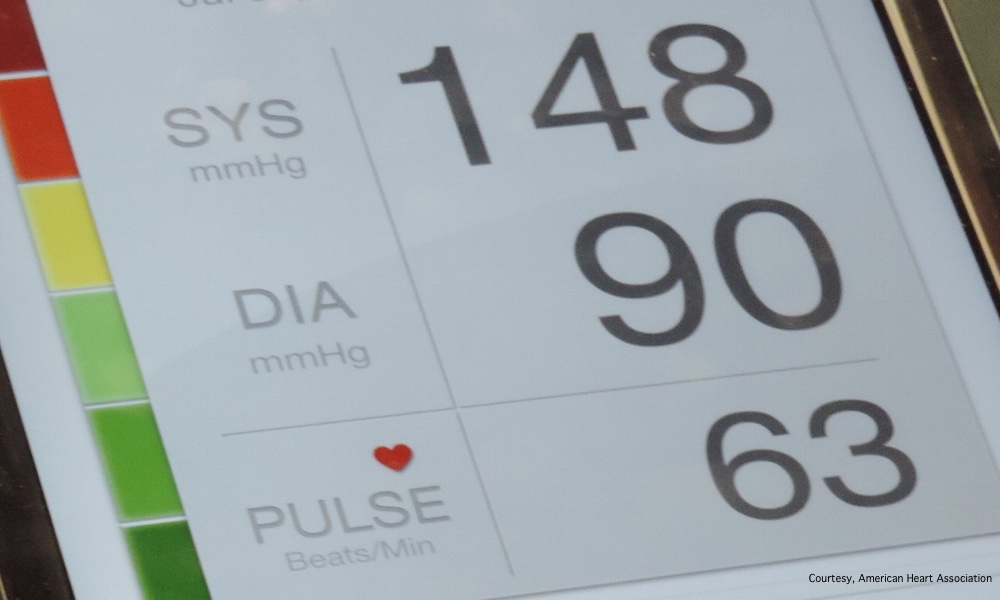It seems we can't get enough online videos. Nearly 92 percent of worldwide internet users watch digital videos on sites like TikTok and YouTube each week. But if these viewers are swiping from video-to-video, instead of watching something from beginning to end, they'll be bored rather than engaged, according to a new study.
There has been an uptick in boredom, especially among younger people. Surveys done from 2008 to 2020 show that, despite the huge number of digital entertainment options that are available today, more and more people report being bored.
Researchers from the University of Toronto wanted to explore this seeming contradiction, so they conducted a series of seven experiments involving different video-watching procedures and different types of videos.“…[W]hile people fast-forward or skip videos to avoid boredom, this behaviour actually intensifies boredom. It also makes their viewing experiences less satisfying, less engaging, and less meaningful.”
Their finding confirmed that people switched more frequently between videos when they felt bored. Unsurprisingly, there was a significantly higher number of skips among those watching the boring videos compared to more interesting content. This experiment confirmed that boredom prompts individuals to switch digital content in an attempt to alleviate their lack of interest.
In another experiment, 174 graduate students engaged with YouTube. Some were able to freely choose and switch between videos; others were not. Participants reported higher levels of boredom in a switching condition, despite the personalized content offered by YouTube's algorithms, compared to those who were not able to switch to a different video.
In fact, across all seven studies the Canadian researchers consistently found that digital switching behaviors, driven by the desire to escape boredom, paradoxically led to increased boredom.
There are lessons to be learned from the study's findings. “Take your time before hitting the fast-forward or skip button, and find ways to stay focused while watching videos,” lead study author Katy Tam, a postdoctoral researcher at the University of Toronto, suggested in a press release.
As in all studies, there were limitations to this one. Mainly, the participants consisted of university students as well as online recruits, which may have limited the generalization of the study's findings across a broader population.The desire to escape boredom, paradoxically led to increased boredom.
This may be the most affected group, however. “Researchers have observed a historical increase in boredom among young people,” Tam said. “I'm curious to understand why, especially given the easy access to entertainment these days. This increasing trend is concerning because boredom is linked to many negative mental health, learning and behavioral outcomes.”
Of course, there are ways to relieve boredom other than watching online videos. Consider taking up a hobby or returning to one, walking in nature, reading a book, playing a challenging board game or puzzle, engaging in sports, learning something new like a foreign language or musical instrument, or start volunteering for a cause you believe in.





